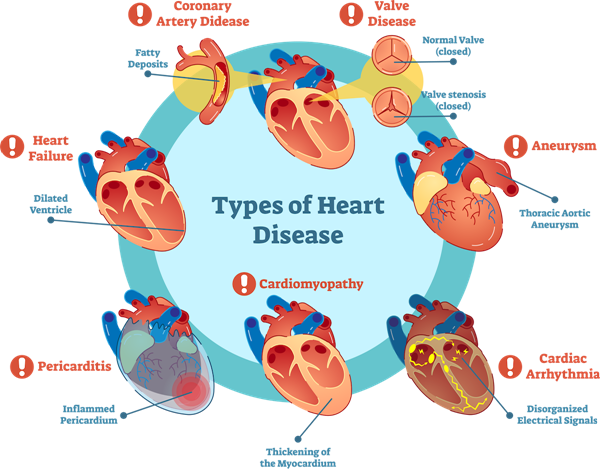A parish nurse is counseling a family following a client's recent diagnosis of heart disease. Which of the following actions should the nurse take first?
Offer to accompany the client and the client's partner during health care provider visits.
Assist the client and the client's partner with finding an affordable exercise program.
Discuss the benefits of eating a well-balanced diet with the client's family.
Ask family members about the impact of the disease on relationships within the family.
The Correct Answer is D
When working with a family following a client's diagnosis of heart disease, the first action the nurse should take is to ask family members about the impact of the disease on relationships within the family.
This will help the nurse to assess the emotional and psychological impact of the diagnosis on the family members and identify any areas of stress or concern that may require additional support or resources. It will also help the nurse to develop a holistic care plan that addresses the needs of both the client and the family.
Once the nurse has assessed the family's needs and concerns, she can then proceed to offer to accompany the client and the client's partner during health care provider visits, assist the client and the client's partner with finding an affordable exercise program, and discuss the benefits of eating a well-balanced diet with the client's family as needed.

Nursing Test Bank
Naxlex Comprehensive Predictor Exams
Related Questions
Correct Answer is A
Explanation
Pain expression is highly influenced by cultural background, and it is important for healthcare providers to understand how different cultures may express pain differently.
In Middle Eastern cultures, it is considered a sign of strength and stoicism to suppress pain and not show any outward signs of discomfort.
In contrast, Chinese culture views pain endurance as a virtue and a way to avoid bringing shame or dishonor to one's family.
Puerto Rican culture may view open expressions of pain as shameful, while Native American culture often views being outspoken about pain as a way of expressing oneself and communicating their needs to healthcare providers.
Correct Answer is C
Explanation
Personal protective equipment should be used to prevent the spread of a suspected bioterrorism-related illness to others. The nurse should also contact the appropriate authorities, such as the local health department or Centers for Disease Control and Prevention (CDC), for guidance on how to proceed.
Option a, moving the client to a quarantine area, is not appropriate without guidance from the appropriate authorities.
Option b, reporting the client's condition to the Federal Bureau of Investigation, is not appropriate as the nurse should report the condition to the appropriate public health authorities, such as the local health department or CDC.
Option d, disinfecting contaminated areas of skin with isopropyl alcohol, is not appropriate as this action does not provide adequate protection against a bioterrorism-related illness.

Whether you are a student looking to ace your exams or a practicing nurse seeking to enhance your expertise , our nursing education contents will empower you with the confidence and competence to make a difference in the lives of patients and become a respected leader in the healthcare field.
Visit Naxlex, invest in your future and unlock endless possibilities with our unparalleled nursing education contents today
Report Wrong Answer on the Current Question
Do you disagree with the answer? If yes, what is your expected answer? Explain.
Kindly be descriptive with the issue you are facing.
